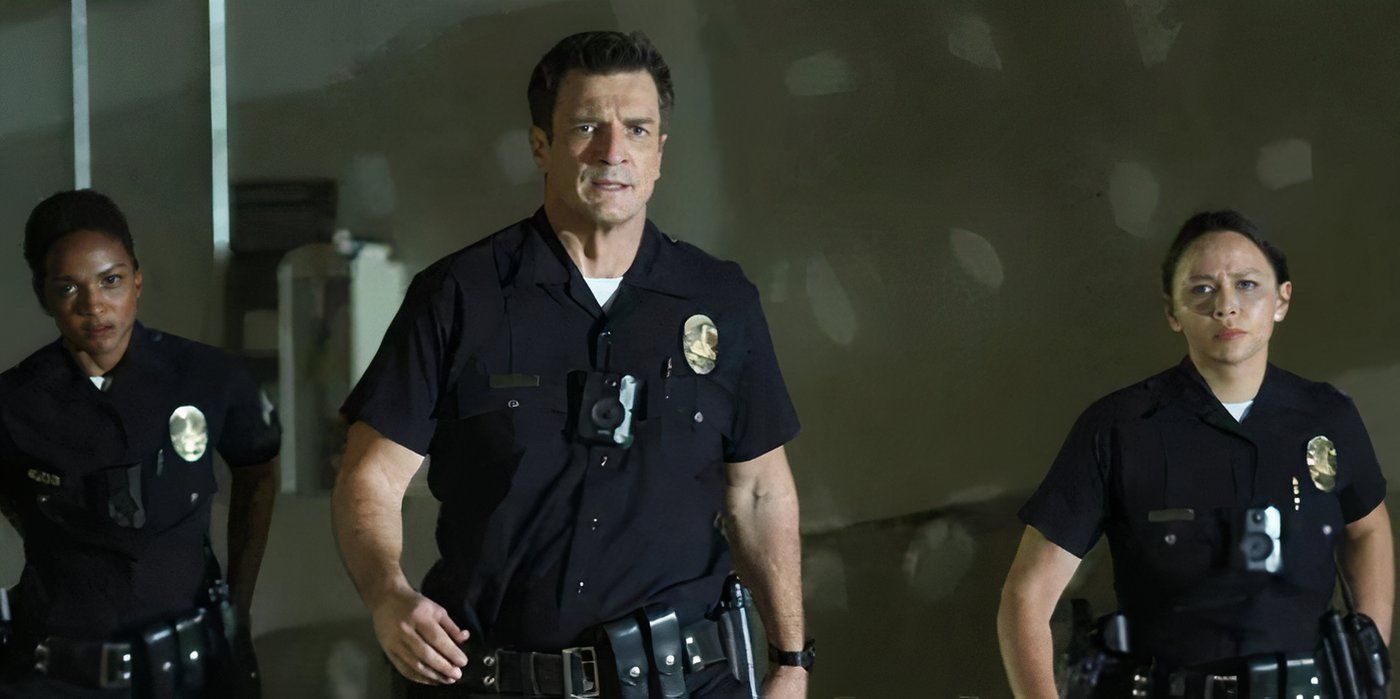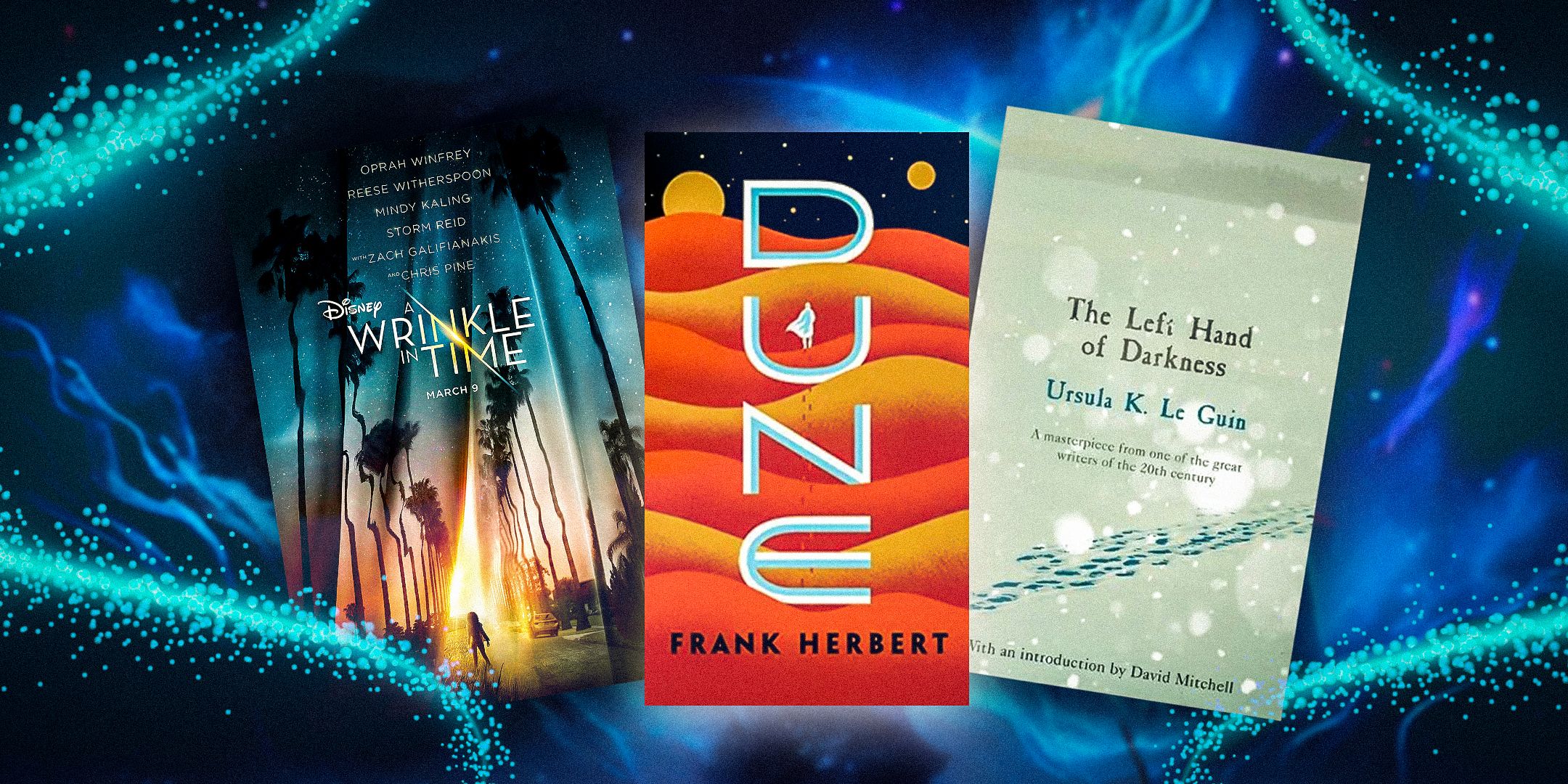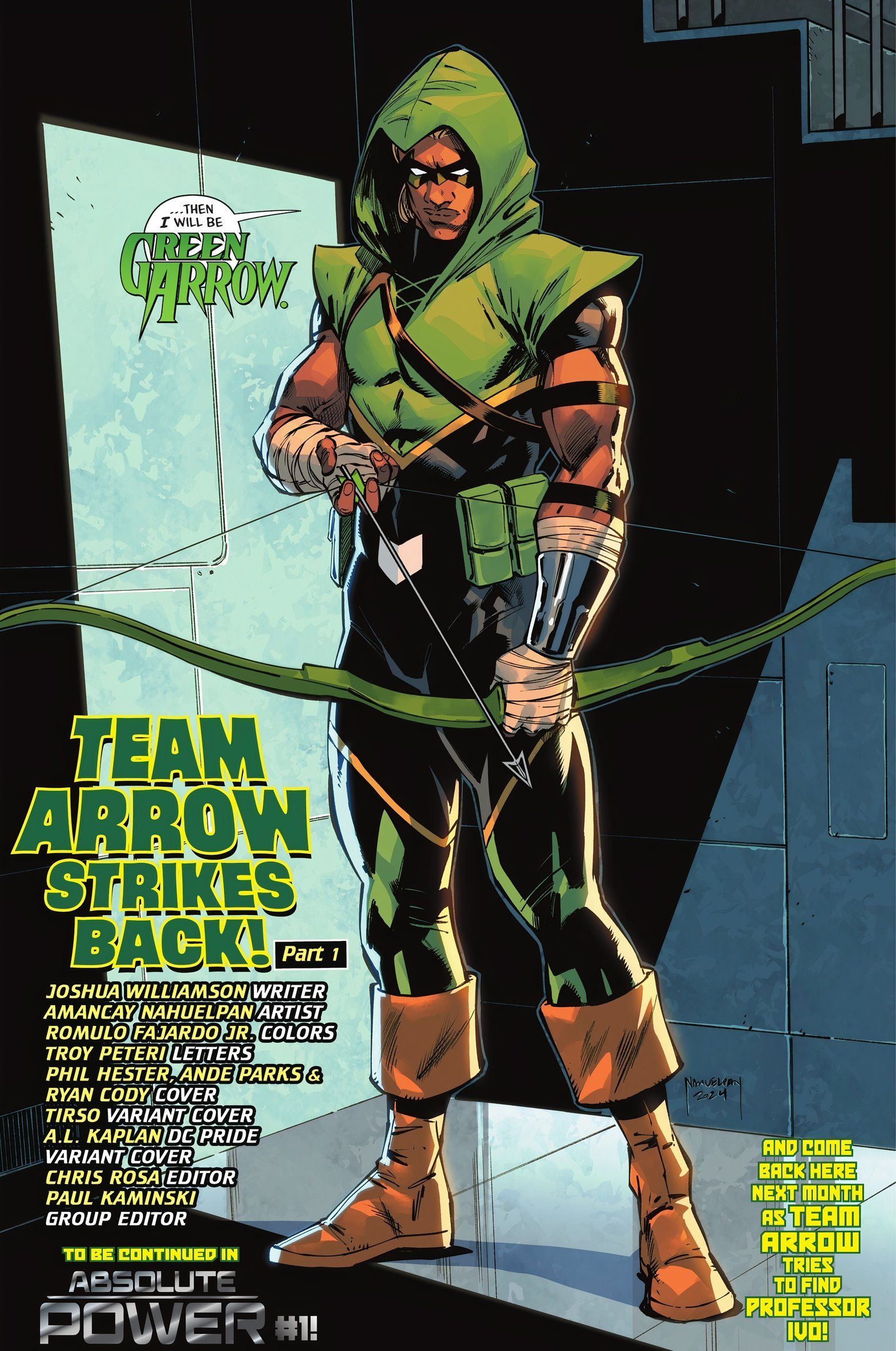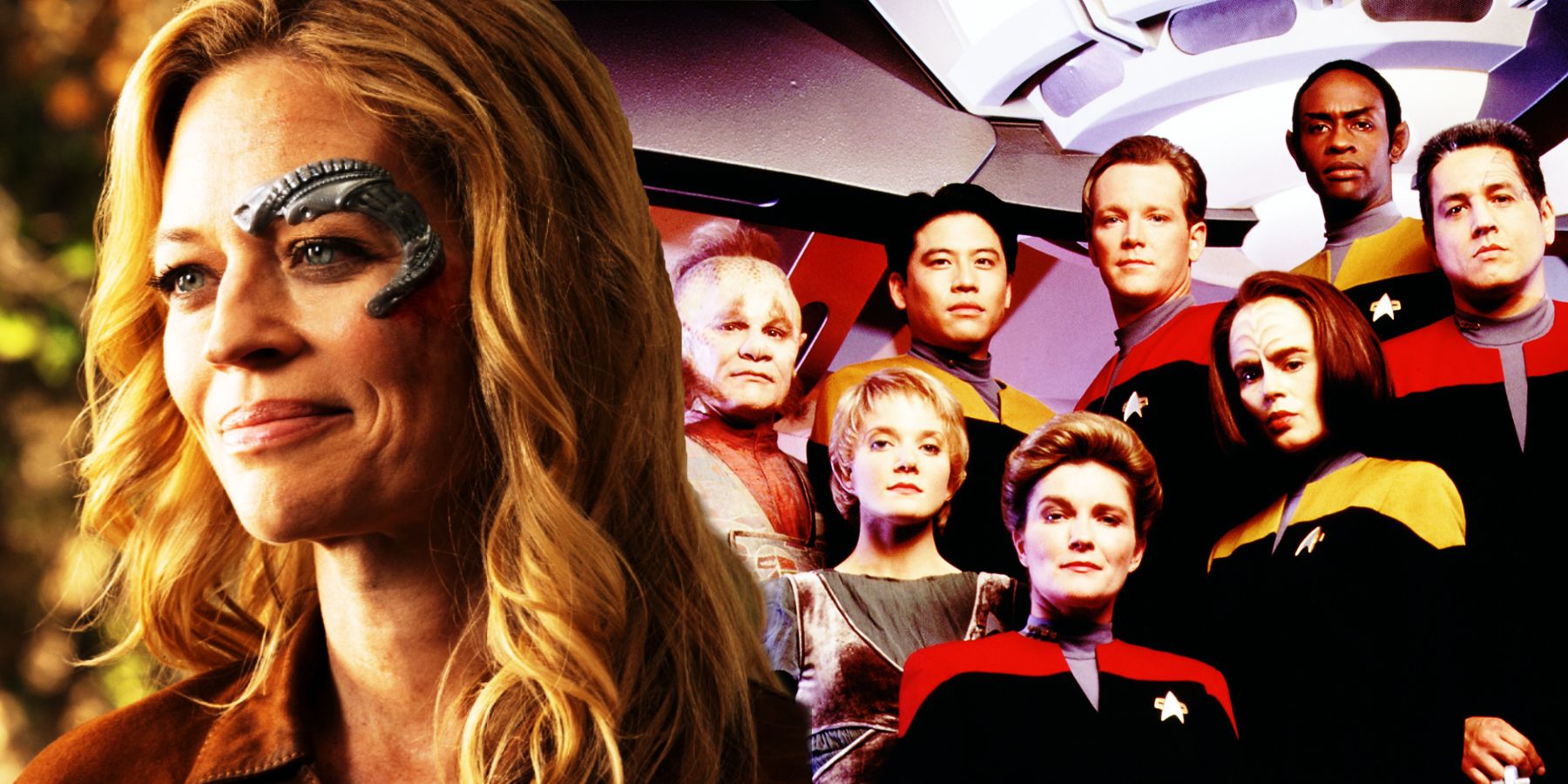Warning: This article contains spoilers for The Super Mario Bros. Movie! Despite fan reservations before the release of The Super Mario Bros. Movie, Chris Pratt’s Mario voice has a valid explanation behind it, and it’s not as bad as everyone feared. Pratt and Charlie Day play two plucky Italian plumbers trying to start their own business when flooding in Brooklyn leads them into a mysterious chamber beneath the city. When they’re sucked into a mysterious pipe and thrown into a fantasy landscape, the two brothers are separated, with Mario landing in the Mushroom Kingdom and Luigi winding up in Dark Land. Luigi is taken to Bowser’s castle, and Mario finds himself seeking an audience with Princess Peach (Anya Taylor-Joy).
After the princess suggests seeking the help of Donkey Kong, they set off on a noble quest to gain reinforcements and rescue Luigi, with Toad (Keegan-Michael Key) in tow. Along the way, they encounter wonderful worlds with Easter eggs and references to Super Mario Bros and other games, and, once they get to Donkey Kong Country, Super Mario 64. With Kong’s army, they plan to defeat the notorious Bowser, rescue Luigi, and get the Super Mario Bros. back home. The context of Pratt’s Mario voice reveals a lot about his creative choices behind the scenes, potentially shedding light on its malleability throughout the story.
Super Mario Bros Movie Reveals Why Chris Pratt Doesn’t Do Mario’s Italian Accent
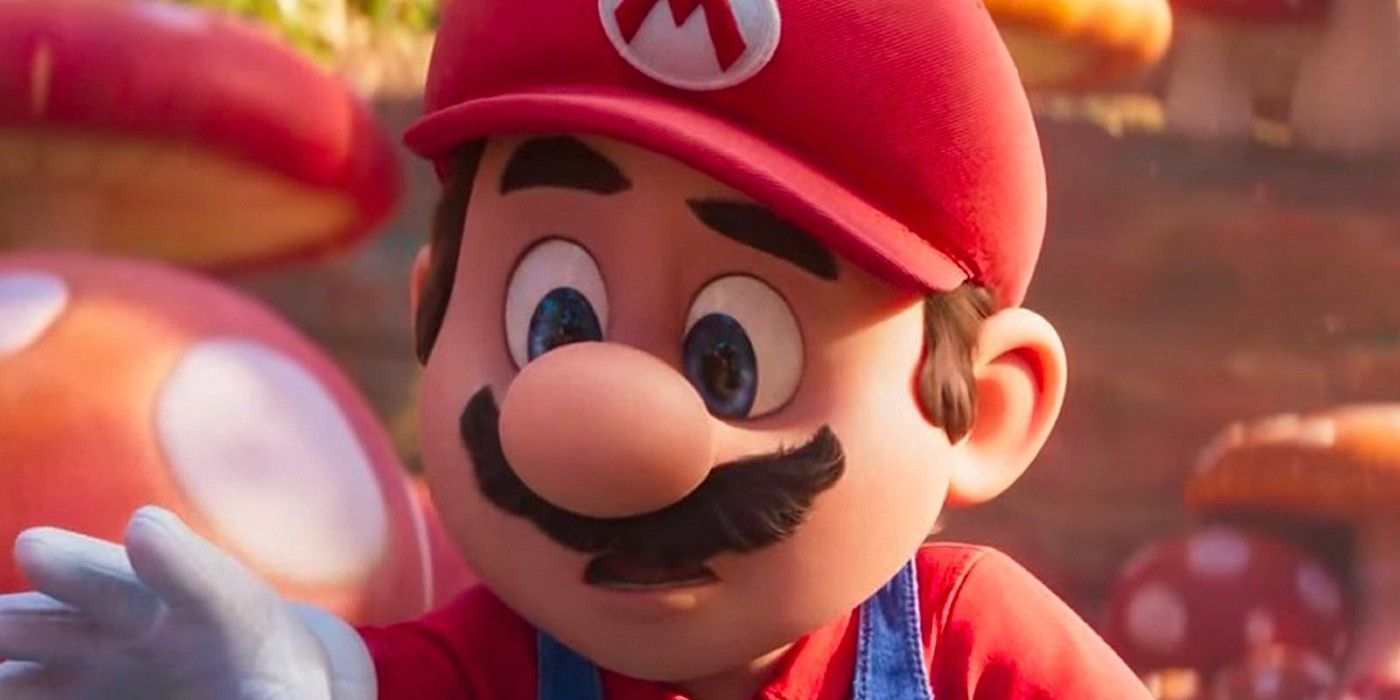
As The Super Mario Bros. Movie opens, Mario and Luigi are watching their new plumbing commercial on television, which features them energetically fixing sinks and plunging toilets with strong Italian accents. Right after it’s over, they turn to each other and speak in typical Brooklyn accents, and Mario asks Luigi if he feels that their fake accents are a little too much, potentially turning off customers. Luigi believes they’re a solid marketing gimmick, though he’s implied to be the sort of person who defers to his brother for the last word in their professional and personal lives.
When they join their family for a large pasta meal, various Italian-American stereotypes are enforced from popular movies like My Cousin Vinnie and Martin Scorsese’s catalog; thick Brooklyn accents, everyone talking over one another, his grandparents dressing as they would have in a small village in Italy, and his father disappointed in his son while his mother is overly protective. Far from being used to mock Italian-American culture, these elements are employed to set up humor related to Mario and Luigi’s entire marketing strategy. “What’s with those accents?” his uncle asks, wearing a matching tracksuit and gold cross, having no room to judge as an embodiment of his own stereotype.
Chris Pratt’s Mario Voice Isn’t That Bad, But It’s Still Not Great
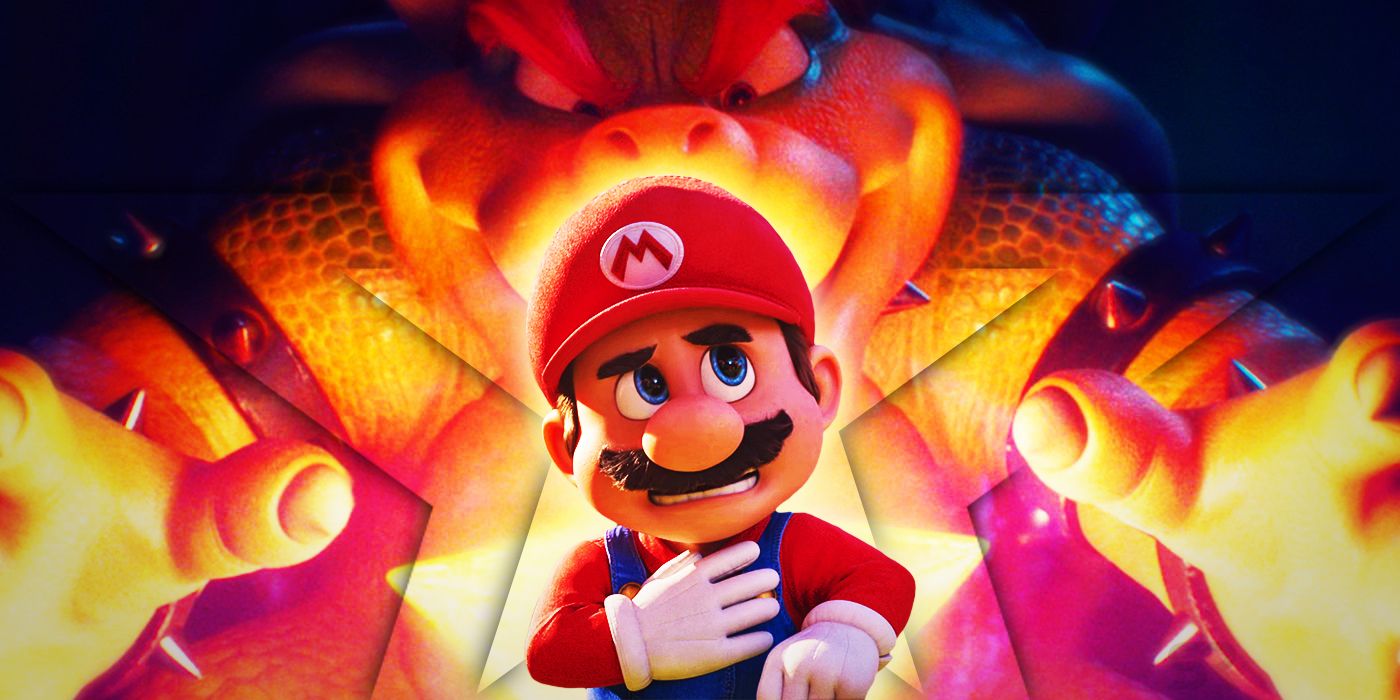
Chris Pratt’s decision to portray Mario with a Brooklyn accent isn’t bad, but it’s also not great. In the Brooklyn sequences, it works well, perhaps because it’s bounced off of so many other characters with the same-sounding voices, but once Mario is in the Mushroom Kingdom, when it should sound more pronounced next to the dulcet tones of Princess Peach, it drifts in and out. It also doesn’t match Charlie Day’s Luigi voice, which doesn’t waver until the end of The Super Mario Bros. Movie.
In a way, it would have almost been better if Pratt had played Mario with his normal voice because then he wouldn’t have had to worry about maintaining an accent that doesn’t come naturally to him. However, had he done this, it might have been hard for fans to hear Mario without thinking of Starlord from Guardians of the Galaxy or some of his other well-known roles. The problem with using recognizable actors to voice well-known animated characters is that the former can easily overshadow the latter and pull a fan out of the experience.
Super Mario Bros Still Includes A Great Nod To The Real Mario Voice
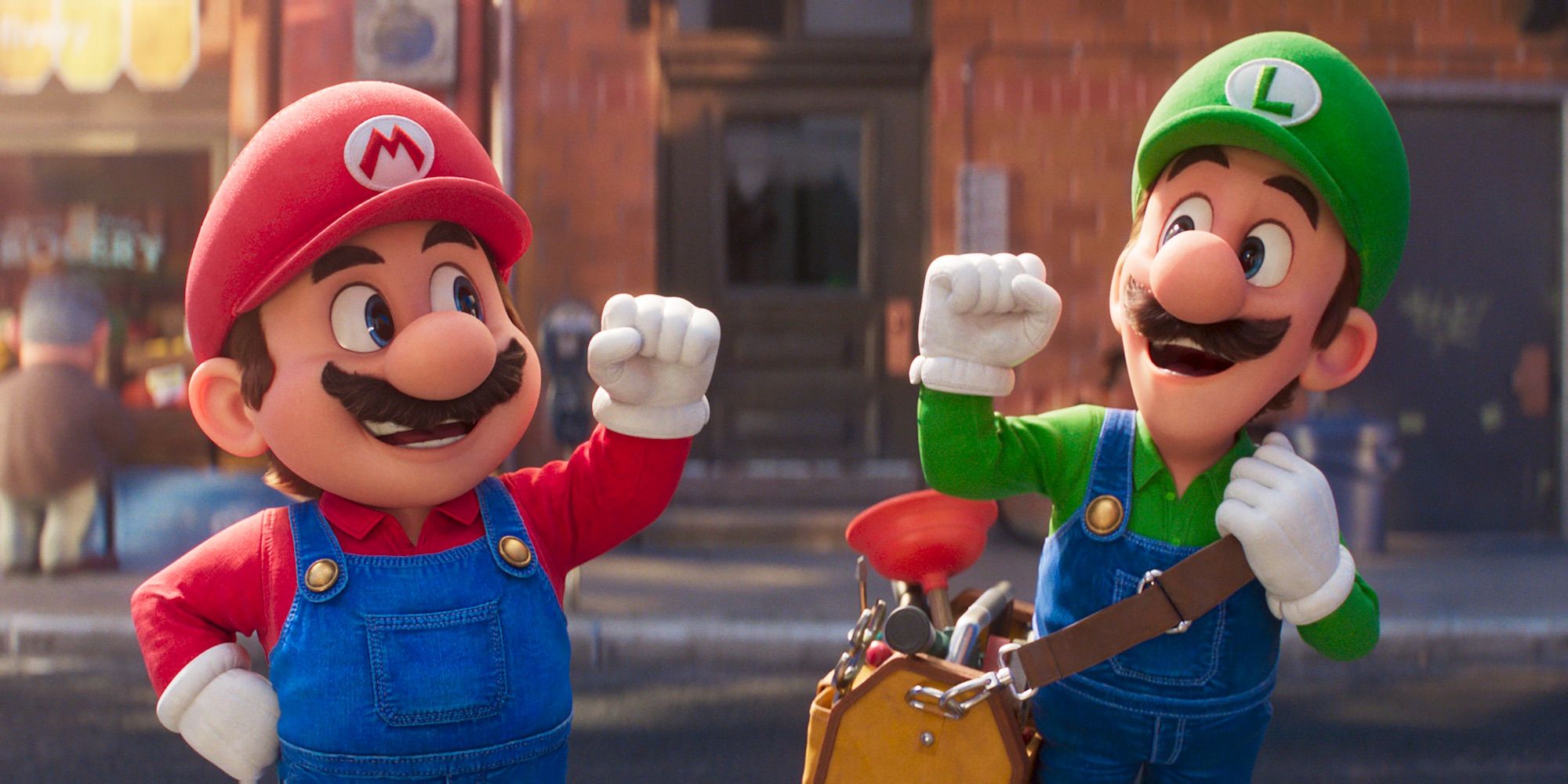
After Mario and Luigi watch their commercial and visit the arcade, someone working on one of the video games mocks the thick Italian accent they’ve been using, and it’s spot-on. Phrases like, “It’s-a me-a, Mario!” and “Here-a- we-a go-a!” have been iconic phrases from the original Super Mario Bros. games for decades, so it’s only appropriate that the movie feature a cameo by Charles Martinet, the original Mario voice from the Super Mario Bros. video game, wearing a pair of overalls while he works.
Shigeru Miyamoto created Donkey Kong in 1981, which featured Mario’s earliest incarnation, Jumpman, as a carpenter maneuvering over obstacles on a construction site. He wanted to design a character who, with just a few pixels, would be instantly recognizable over a series of future games, and so Jumpman became Mario in 1985. However, rather than make him an elite soldier or a superhero, Miyamoto wanted him to be relatable, an everyman, so he made him a plumber, and as someone who’s developed the perfect everyman persona over the years, Chris Pratt was a natural choice for Mario, even if his voice-acting choices were hit or miss in The Super Mario Bros. Movie.
